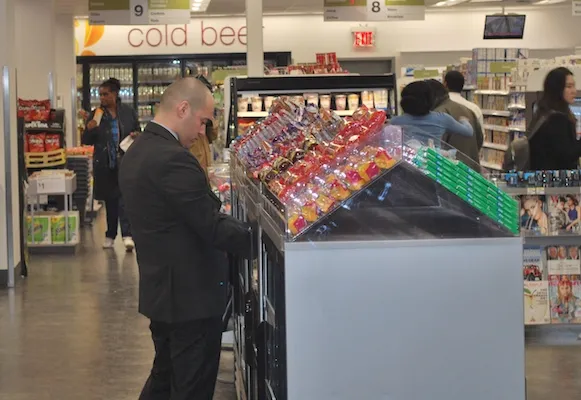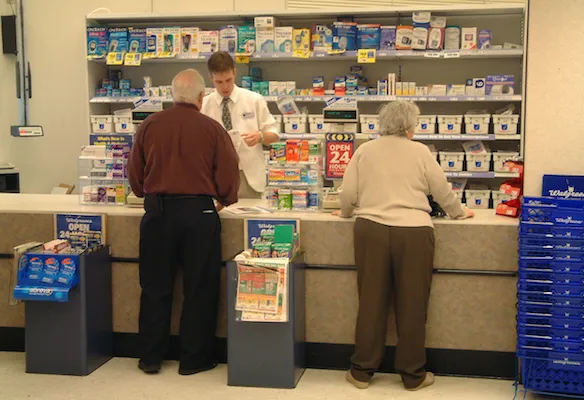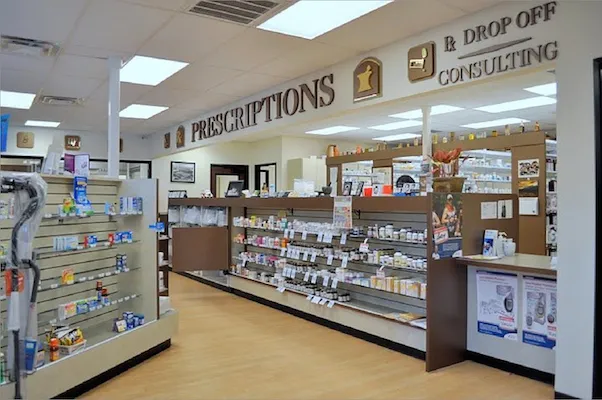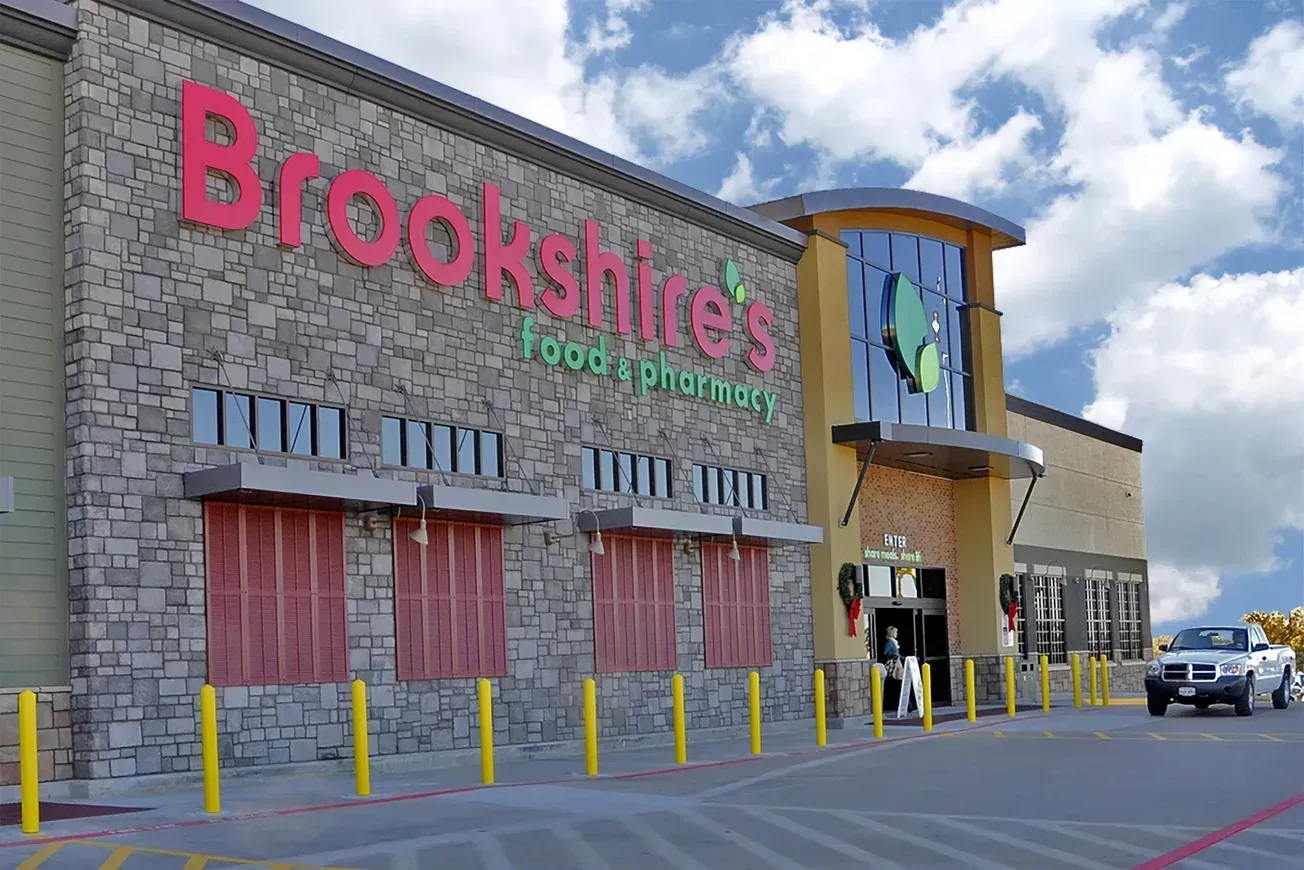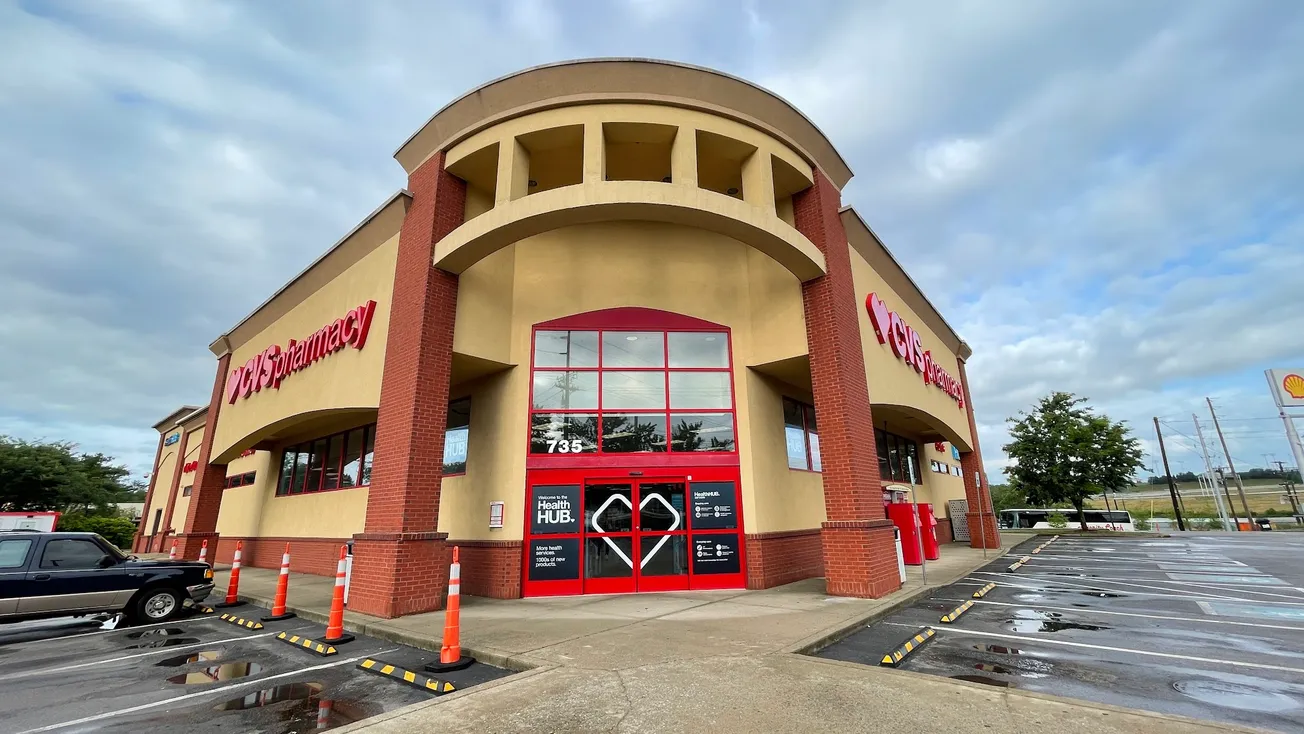As a class, biotherapeutic agents are far too significant a chain pharmacy service and business opportunity to ignore.
Over recent years biotherapeutic treatments have become significant, both as therapeutic options and as business opportunities. In 2015, six of the top-10-selling medications by sales volume level were biotech agents. Combined sales of the six totaled $56 billion. Thanks to media advertising and political exposure, such brands as Humira, Enbrel, Lantus and Prevnar, to chose only a few, have become recognizable household names. Sales of those four agents alone exceeded $32 billion in 2015.
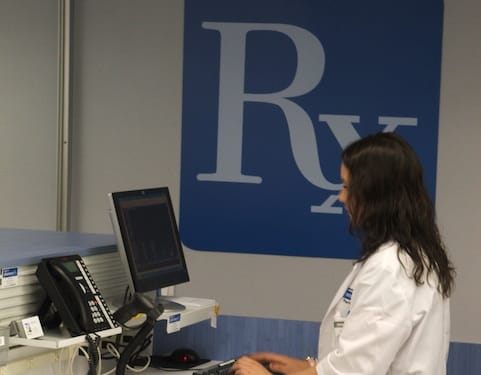
What’s more, patents on these agents are beginning to expire, bringing biosimilar generic versions to the market. Biosimilars present an attractive opportunity for chain pharmacies, as they have long been leading-edge proponents of quality generic alternatives.
It is a perfectly natural patient traffic phenomenon that presents patients with biotherapeutic prescriptions at their chosen chain pharmacy. They are accustomed to securing prescriptions and other pharmacy services from their local chain pharmacy. More often than not they have a trusting relationship with their chain pharmacist. It is natural and customary that at a convenient community pharmacy they expect to receive a prescribed biotherapeutic agent.
However, there can be important special considerations associated with certain biotherapeutic medications. Some have unique transportation, preparation, storage, patient administration and patient follow-up requirements not usually associated with their more common chemical agent cousins. So it is serving these considerations that causes community chain pharmacy patient service to diverge, but not disappear.
Most chain pharmacy companies have developed separate specialty pharmacy units dedicated to biotherapeutic agents only, thus properly handling all the transportation, preparation, storage, patient administration and patient follow-up requirements. These biotech-dedicated pharmacies are closely linked with the community pharmacies of the same brand.
Thus, when patients present a prescription for a biotherapeutic medication at their community chain pharmacy, the process of serving those patients begins. If product requirements dictate, the prescription is communicated to the specialty pharmacy, which then determines if the product is delivered directly to the patient or is delivered back to the originating community pharmacy for patient pickup. In this scenario, the process for all storage, transportation, patient administration and patient follow-up is engaged, frequently involving the community chain pharmacist.
Flu shots, by any definition, are biotherapeutic agents. As this is being written, flu shot season has begun. And chain community pharmacies with certified immunizer pharmacists are active participants. For those pharmacists actively engaged, it is a natural edge of credibility that they would be trusted to handle other biotherapeutic agents. Clearly it is in the best interests of their patients.
So it is that chain pharmacies and pharmacists are in a sweet spot position to serve patients with biotherapeutic needs. And it’s another example of best patient service equating to best business practice.
Robert Coopman is president of Robert Coopman Consultants, which is based in San Antonio. He can be contacted at rcoopman67@gmail.com.



